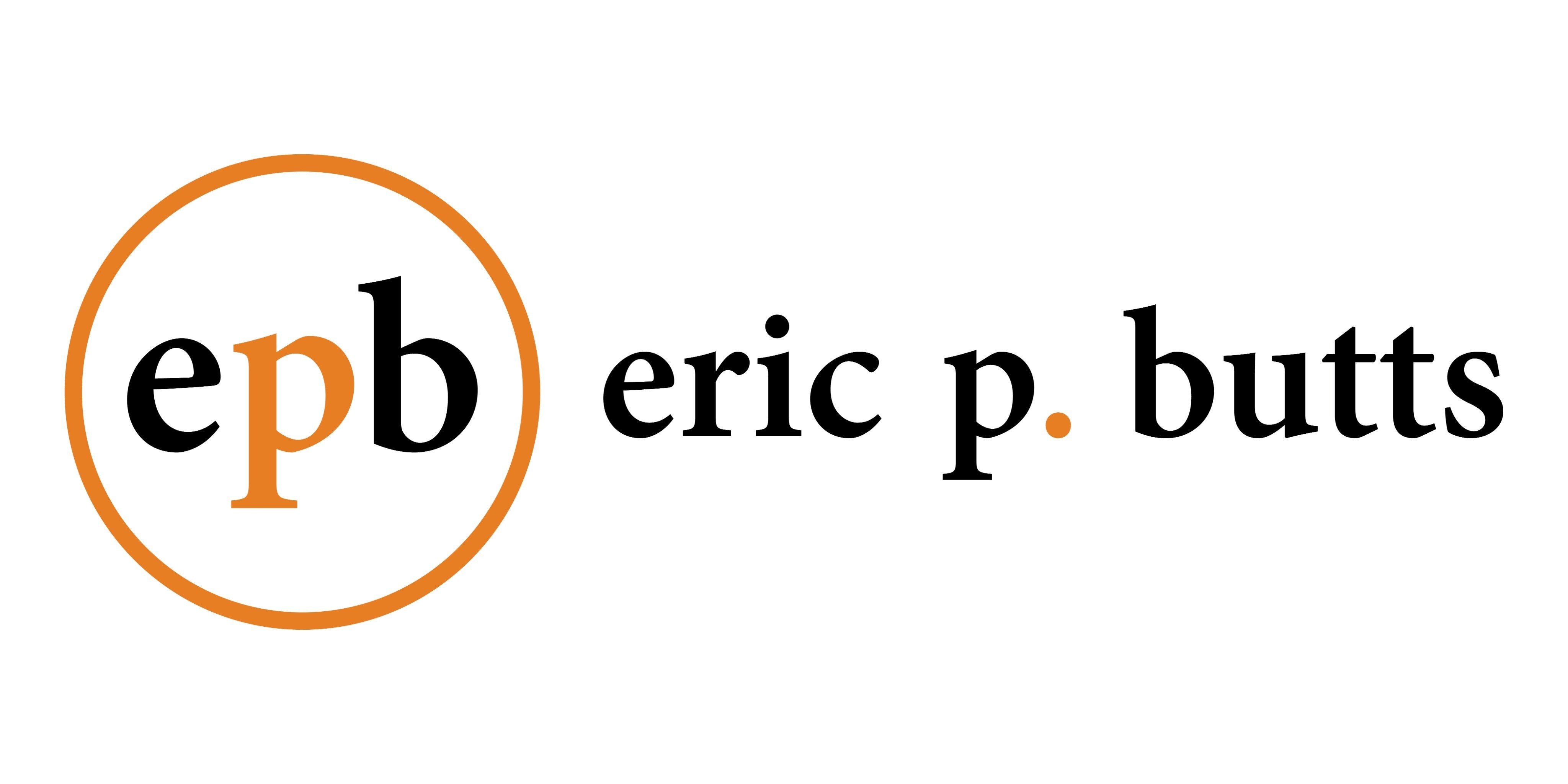3 reasons your management consulting resume didn’t get a call back for an interview
You ever apply for a management consulting position you KNOW is perfect for you but never got a call back?
You send a follow-up email to the recruiter or hiring manager only to be met with silence?
You made sure your resume was FILLED with accomplishments since you entered the working world. In fact, you have so many wonderful things you’ve done, you can’t even fit them on one page. How could nobody call you back for this position?
Without even seeing what you submitted, I can give you a some direction on where you may need to change your approach to improve your odds on the next application.
Quality Over Quantity Always Wins the Day in Management Consulting Resumes But Not In Yours
The issue isn’t you going over one page.* The issue is you having verbal diarrhea on the page. You have to strategically add depth to content on your resume related to your specific job or profession for someone to quickly assess if there’s any chance you could be a fit.
I promise you this works better than you using 75% of your resume real estate to talk about your volunteer efforts. That is, unless your volunteer efforts somehow make you a better consultant.
I saw a resume recently where it the applicant had better descriptions of the extracurricular things than the stuff most hiring managers will actually care about. The great Sweet Brown sums it up best when she says, “ain’t nobody got time for that!”
Management Consultants Like Frameworks, But You Opted For the Creative Resume
We all want our resumes to stand out, but some people seem to forget resumes can stand out in positive OR negative way. Consulting is one of the most traditional professions you can pursue, and the truth is hiring managers will probably be more annoyed than anything trying to figure out how to read your resume. A huge part of management consulting, from case interviews through succeeding on the job requires using conceptual frameworks. You want to know why?
Frameworks make addressing problems with similar elements easier than starting from scratch to come up with a solution. Reading resumes is the same thing. If everyone uses the same framework (format), the reviewer knows exactly where to go to get the information they need.
I can tell you right now if you come out of left field with your resume format and I have to spend time figuring out what’s going on, you better be 100% sure it’s worth that extra time.
You Want To Be a Management Consultant But Your Resume Doesn’t Show You can Structure and Solve a Difficult Problem
Or maybe you do but you don’t clearly show it on your resume. If you resume doesn’t demonstrate what I’m looking for, the reader will assume you don’t have it. Plain and simple. If I scan your resume for ability to problem-solve and don’t see it, I’m moving on to the next one without looking back.
And another thing…if you don’t call out the primary skill (like structured problem solving) early, a lot of people won’t scan the full resume. I’ll give you a real-life example. I had someone join my team today after looking at about 35% of his resume because I knew what I was looking for and stopped reading when I found it. I followed up with a 15 minute phone call to make sure he also thought he could fill the open role, and the deal was done.
Granted, this person was already part of the firm which serves as a pre-screen for candidates but the same concepts apply. I’ve passed over potential team members in the firm just as quickly based on their resume.
Resumes are not about being the most creative; they’re about getting an interview for the job.
So next time you’re “thinking outside the box” with your resume, do it with your content not by adding extra glitter and sprinkles.
Go here if you want to see exactly how this is done: https://breakthroughresumewriting.com/
